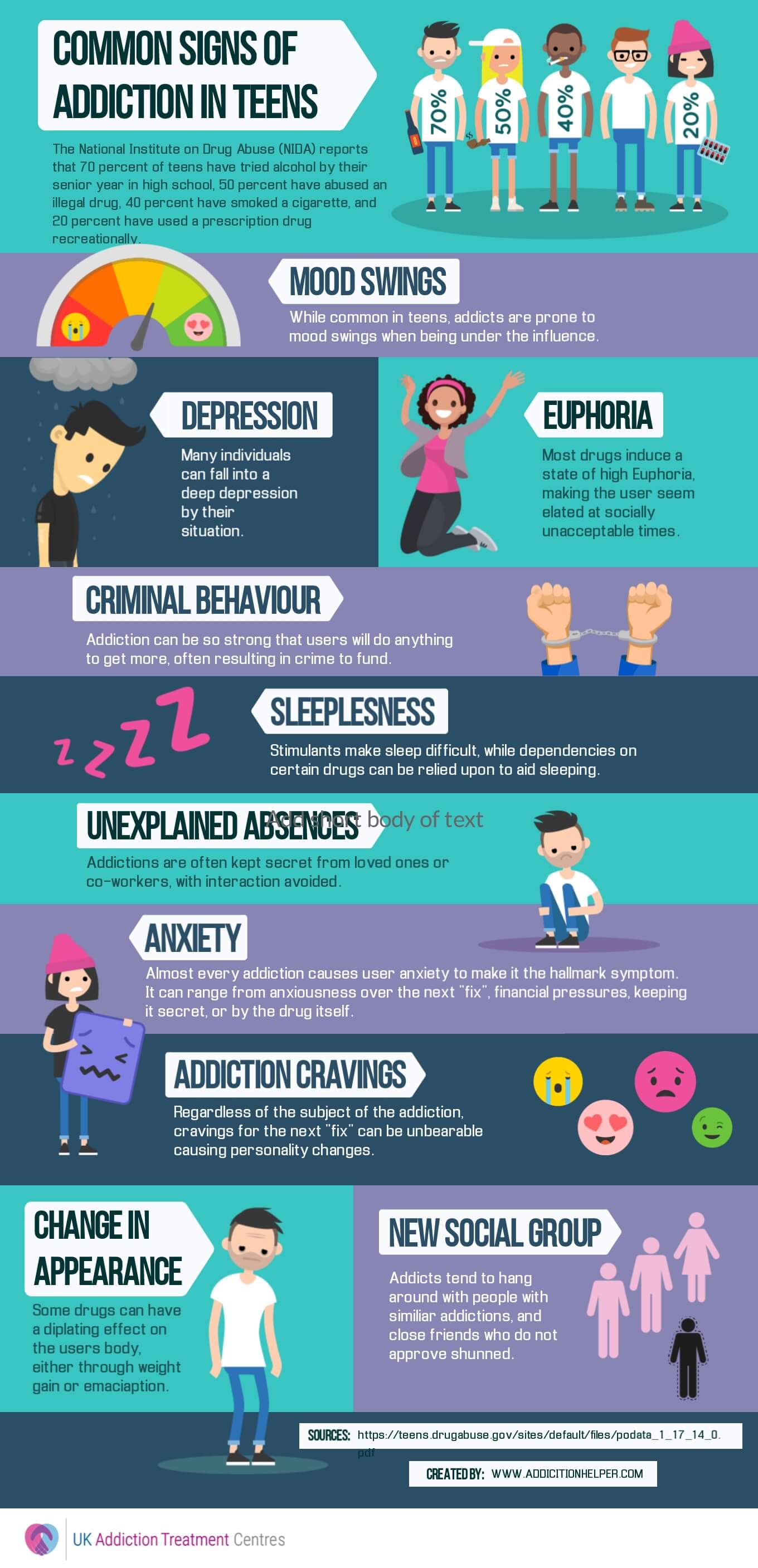The Importance Of Aftercare In Alcohol Rehab Centers

Content writer-Lynggaard Meldgaard
Are you ready to take the following action in the direction of a much healthier and sober life?
The journey via alcohol rehabilitation facilities is a critical initial step in getting over addiction. Nevertheless, it's important to keep in mind that the road to recuperation doesn't end there.
The significance of aftercare in alcohol rehab facilities can not be overemphasized. It is the key to enhancing your long-lasting recovery as well as preventing relapse.
After completing a rehabilitation program, you might really feel a feeling of accomplishment and also newly found stamina. However without the correct support and also advice, the challenges of preserving soberness can be frustrating.
That's where aftercare can be found in. It gives you with the devices, resources, and continuous assistance you need to browse the ups and downs of life after rehab. Via a mix of therapy, support groups, and also recurring therapy, aftercare assists you construct a solid foundation for your recovery trip.
So, twist up and also prepare to uncover the significance of aftercare in alcohol rehabilitation facilities, due to the fact that your journey to lasting sobriety has simply started.
Enhancing Long-Term Healing
Enhancing long-lasting recuperation is like planting seeds in a garden, where aftercare in alcohol rehabilitation centers works as the nurturing sunlight as well as water to help those seeds become strong, resistant plants.
After completing the preliminary therapy program, aftercare plays an important function in keeping sobriety and also protecting against relapse. It supplies recurring assistance, guidance, and also sources to individuals as they transition back to their daily lives.
One key element of aftercare is the application of regression prevention strategies. Through individual therapy sessions and support system, individuals find out coping devices and devices to handle triggers and yearnings. They're equipped with the necessary abilities to navigate challenging situations and take care of stress and anxiety without resorting to alcohol.
This continuous assistance helps people remain devoted to their sobriety trip and stay clear of falling back into old patterns.
In addition, aftercare in alcohol rehabilitation centers offers a sense of community as well as link. Attending routine support system meetings permits people to share their experiences, difficulties, and successes with others that understand their battles. This feeling of belonging and support can be unbelievably empowering and also assuring. It reminds individuals that they're not the only one in their trip which there are others who have actually dealt with comparable obstacles and also triumphed over them.
Aftercare in alcohol rehabilitation centers is crucial for enhancing long-lasting recovery. It gives the necessary assistance, tools, and also community for individuals to keep their sobriety and also avoid relapse. By supporting individuals' development and also offering ongoing guidance, aftercare makes certain that the seeds of recuperation remain to expand and flourish right into a healthy and balanced, meeting life.
Stopping Relapse
In order to preserve soberness, it's crucial for you to actively engage in relapse avoidance methods post-treatment. Protecting against relapse is a recurring process that requires effort and commitment.
Right here are three essential methods to aid you stay on track:
1. Construct a strong assistance network: Surround on your own with people who comprehend and sustain your journey in the direction of soberness. This can include your family members, pals, and support system. Having a network of individuals who are there for you throughout challenging times can make a significant distinction in avoiding relapse.
2. Establish healthy and balanced coping devices: It is essential to locate healthy and balanced means to cope with tension, sets off, and also desires. This can include practicing mindfulness strategies, participating in routine workout, or pursuing pastimes as well as rate of interests you delight in. By finding positive electrical outlets for your emotions, you can prevent counting on alcohol as a coping mechanism.
3. Create a regression prevention strategy: Deal with your therapist or therapist to create a relapse avoidance strategy customized to your specific requirements and also causes. This strategy needs to consist of techniques for determining indication, dealing with yearnings, and looking for assistance when needed. By having a strategy in place, you'll be much better outfitted to browse tough circumstances and also stay on the path to long-lasting healing.
Remember, preventing regression is a continual journey that calls for self-awareness, dedication, as well as continuous support. By actively participating in relapse avoidance approaches, you can increase your chances of keeping soberness and also leading a healthy and balanced, satisfying life.
Navigating Difficulties of Reintegration
When you rehabilitate right into culture after completing treatment, navigating the difficulties of reintegration can feel like tipping onto a facility and also unfamiliar path. You might have established new coping systems and also skills during your time in rehab, but using them in the real life can be discouraging.
One of the largest challenges you might face is managing triggers and lures that can result in regression. It is necessary to remember that you're not alone in this journey. Connect to your support network, whether it's pals, family, or fellow recovering addicts, who can give guidance and understanding throughout this challenging time. They can help you recognize potential triggers and also create strategies to deal with them, such as staying clear of specific places or situations, finding healthy and balanced options to cope with stress and anxiety, as well as practicing self-care.
One more difficulty of reintegration is restoring relationships that might have been strained or damaged as a result of your addiction. It prevails to feel a mix of emotions, including sense of guilt, shame, and concern, when reconnecting with liked ones. It is essential to come close to these discussions with sincerity, humbleness, as well as a willingness to make amends.
Bear in mind that restoring depend on takes some time and regular effort. Be patient with yourself and also those around you as you function towards fixing and also enhancing these relationships. On top of that, take into consideration looking for expert assistance from therapists or counselors that focus on addiction healing and also family members therapy. They can offer advice as well as assistance as you navigate the complexities of reconstructing connections as well as developing healthier communication patterns.
Verdict
To conclude, aftercare is a vital component of alcohol rehabilitation centers, as it plays an essential function in enhancing long-term recovery as well as avoiding regression. By providing ongoing assistance and assistance after the initial treatment, aftercare programs make sure that individuals have the essential tools to browse the difficulties of reintegration right into culture.
Visualize a sailboat starting a trip throughout the huge ocean. The preliminary rehabilitation treatment works as the strong wind that drives the watercraft ahead, assisting it sail far from the rainy waters of addiction. However, without correct aftercare, the watercraft dangers losing its method and also obtaining caught in the treacherous currents of regression. Aftercare work as the compass, directing the boat towards safe harbors and also assisting it stay on training course in the direction of lasting soberness.
Data sustains the efficiency of aftercare programs in maintaining recovery. https://www.vice.com/en/article/k7ezwa/what-it-is-like-to-run-a-rehab-centre-in-punjab-india-a-state-with-drug-addiction have revealed that people that participate in aftercare are more likely to maintain abstinence as well as experience improved general health compared to those that do not get continuous support. This data highlights the relevance of aftercare in avoiding regression and also promoting long-term recovery.
By providing a continuum of treatment, aftercare programs make certain that people have accessibility to sustain networks, therapy sessions, and sources that address the difficulties they might encounter post-rehab.

